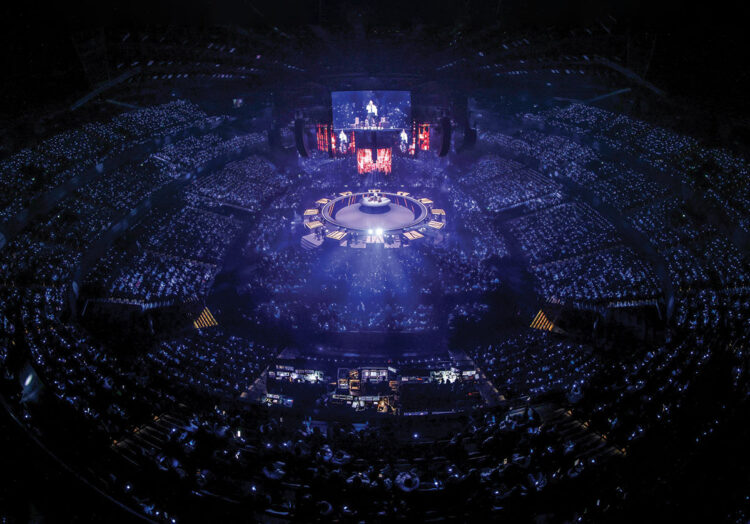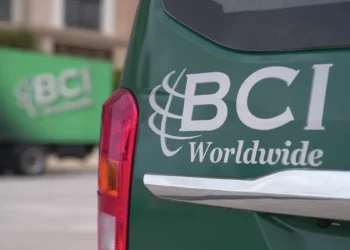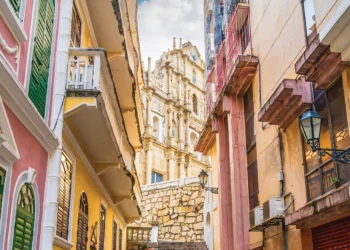More than simply satisfying the government’s goal of developing Macau into a City of Performing Arts, the efforts of concessionaires to boost their non-gaming offerings has seen a new “concert economy” emerge that is not only diversifying the city’s portfolio but also benefiting gaming revenues. IAG takes a closer look.
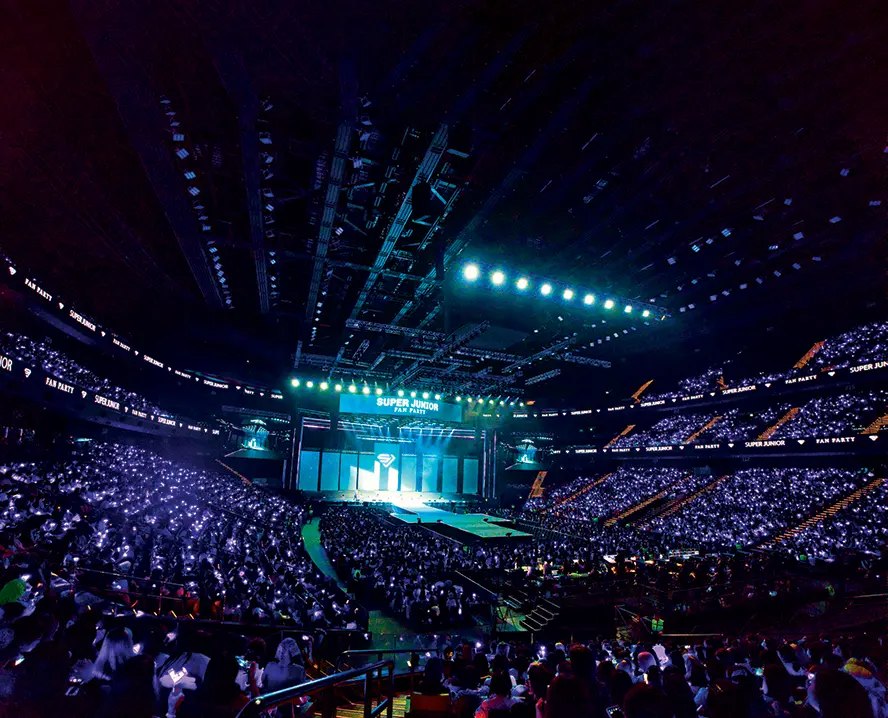 In his Policy Address for Fiscal Year 2024 last November, Macau Chief Executive Ho Iat Seng expressed his intention to develop Macau into a “City of Performing Arts”, stating, “Macau hosts various large-scale entertainment events, and both in terms of quantity and quality, it leads the neighboring regions.”
In his Policy Address for Fiscal Year 2024 last November, Macau Chief Executive Ho Iat Seng expressed his intention to develop Macau into a “City of Performing Arts”, stating, “Macau hosts various large-scale entertainment events, and both in terms of quantity and quality, it leads the neighboring regions.”
And it hasn’t taken Macau long to make its presence felt on the global stage.
“The concert market in Macau has rapidly rebounded after the pandemic, already surpassing the 2019 level of events,” explains Alex Lou, Executive Director of Chessman Entertainment & Production Co Ltd.
 “In 2023, Macau hosted approximately 240 popular concerts, representing a threefold increase compared to previous years. Among these, 57 concerts were priced at over MOP$1,999 (US$248), and there were also eight music festivals of varying scales held in Macau.”
“In 2023, Macau hosted approximately 240 popular concerts, representing a threefold increase compared to previous years. Among these, 57 concerts were priced at over MOP$1,999 (US$248), and there were also eight music festivals of varying scales held in Macau.”
The rise of entertainment in Macau over the past year is undoubtedly linked to the city’s reopening on 8 January 2023. However, key drivers behind this rapid resurgence are the non-gaming investment initiatives from the six concessionaires.
Under their new 10-year gaming concession contracts, the concessionaires are required to invest a combined MOP$108.8 billion (US$13.5 billion) in non-gaming projects over the course of the decade. “Entertainment” is one of the 11 non-gaming investment categories named by the government.
“We believe that increasing non-gaming investments in integrated resorts will have a significant and positive impact on Macau’s performance industry,” says Lou. “The investment by concessionaires complements the industry’s growth.”
He emphasized that “the concessionaires must actively invest in non-gaming elements over the 10-year period, leading to the development of services related to event introduction, production and coordination. Naturally, the performance industry benefits.
“Last year, several well-known concert production companies from outside Macau including Live Nation, AEG, Tencent and iQiyi entered the scene. They brought overseas superstar concerts, awards ceremonies and music festivals, further demonstrating the impact of non-gaming investments on Macau’s leisure and resort complexes.”
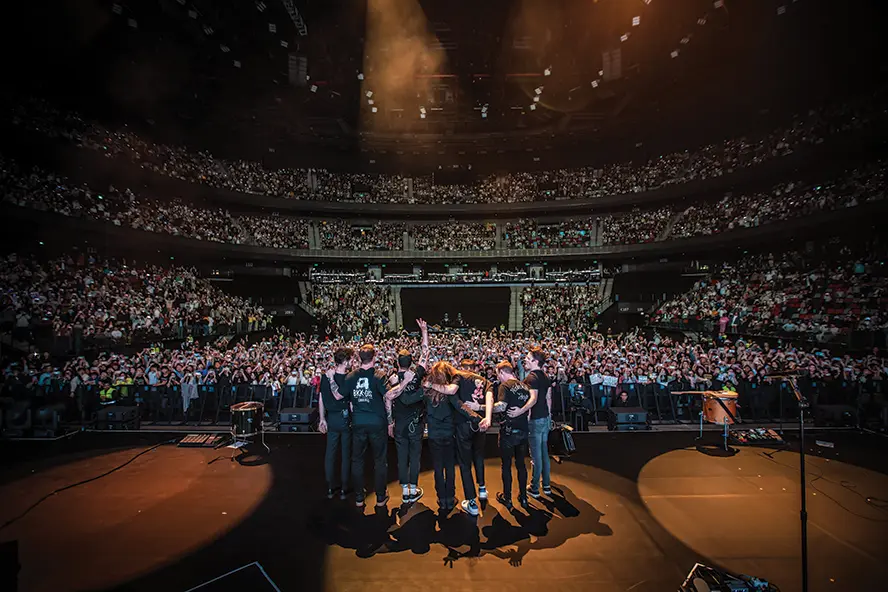 Behind the profits
Behind the profits
From the perspective of the concessionaires, not all non-gaming investments make money in and of themselves, but entertainment is having a positive impact in other ways as part of what some refer to as Macau’s “concert economy”.
Buddy Lam, Executive Vice President, Public Relations of Corporate Office for Galaxy Entertainment Group, mentioned during last year’s MGS show that “returns from non-gaming investment projects may not be exceptionally high, but they drive foot traffic, consumption and even gaming revenue.”
A notable local scholar, who asked not to be named, added, “Compared to other non-gaming elements, the results of concerts are more visible.
“The impact of concerts can leverage the influence of the artists themselves. The concessionaires already have the necessary infrastructure; so as long as artists are willing to perform in Macau, they can quickly generate appeal. This sets concerts apart from other non-gaming activities.”
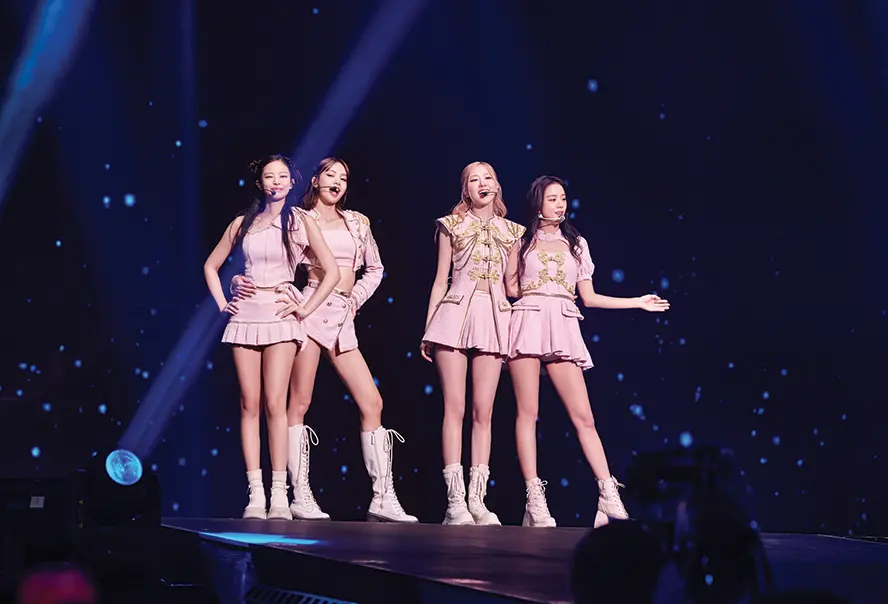 The scholar also mentioned that the benefits of concerts outpace those of other non-gaming projects, with more evident and widespread returns. Both the government and concessionaires view this positively.
The scholar also mentioned that the benefits of concerts outpace those of other non-gaming projects, with more evident and widespread returns. Both the government and concessionaires view this positively.
“For concessionaires, the primary consideration isn’t whether concerts themselves are profitable; it’s about how much foot traffic they can attract,” the scholar added. “Concessionaires have concert venues capable of drawing large crowds. Their focus is on foot traffic.
“It’s akin to a promotional event – combining hotel rooms with concert tickets becomes an attractive package for drawing customers. Additionally, some ticket sales are directed back to high-end clients, effectively serving as a means to attract them.”
In June of last year, renowned Hong Kong singer Jacky Cheung performed 12 shows at The Venetian Macao, selling over 109,000 tickets and generating ticket revenue exceeding MOP$100 million (US$12.4 million). Citigroup noted at the time that Sands China’s share of the Macau premium mass market had jumped by 14 percentage points to 37% during that month, likely as a result of the concert series.
JP Morgan analysts DS Kim and Mufan Dhi offered a similar sentiment, stating that the Cheung residency as well as concerts by K-pop group BLACKPINK at Galaxy Arena and Hong Kong performer Leon Lai at Studio City were making an impact.
The Jacky Cheung residency in particular “continues to attract the right type of (high-value) players, including those from the database of Sands’ sister property Marina Bay Sands [in Singapore], which in turn helps to lift overall industry GGR,” the analysts said.
“These entertainment events do seem to move the needle for gaming business in Macau – at least thus far – which bodes well for Macau’s mass business to recover (well) beyond pre-COVID levels, in our view.”
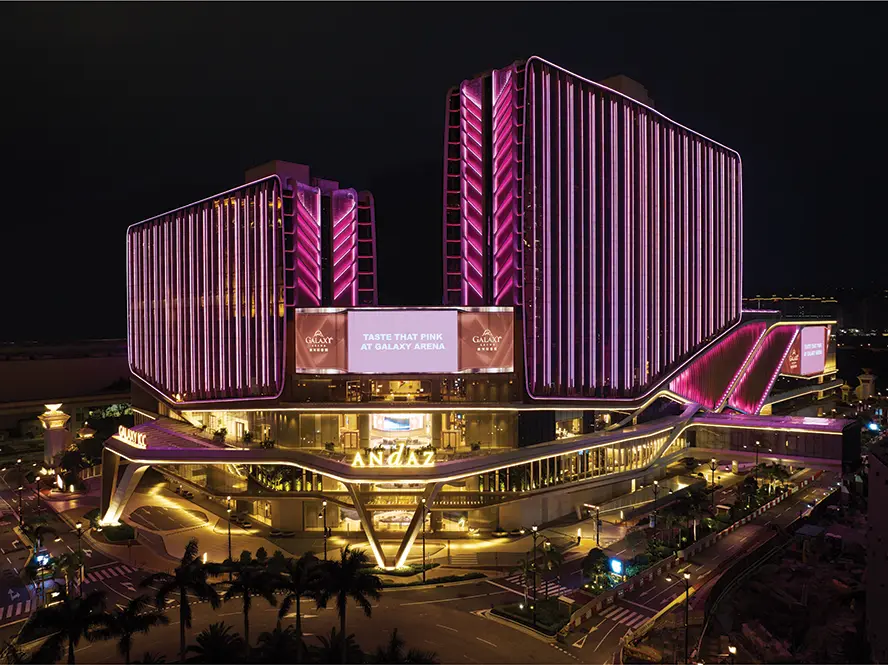 Hong Kong hierarchy
Hong Kong hierarchy
Under the requirements of non-gaming investments, concessionaires are increasingly using entertainment performances to achieve the government’s vision. This has led to a flourishing entertainment industry, with many players in the industry focusing their attention on Macau. Notably, this trend includes Hong Kong artists.
Industry data reveals that Hong Kong singers accounted for approximately 60% of the total annual concert performances in Macau last year. On average, Hong Kong singers performed in Macau every week, and there were many days with multiple concerts by Hong Kong performers. Hong Kong artists have become catalysts for the rapid development of concerts in Macau.
“While Macau has two venues with over 10,000 seats, not every Hong Kong singer performs at the Hong Kong Coliseum,” says Osborn Lo, President of the Macau Federal Commercial Association of Convention & Exhibition Industry. “Post-pandemic, many Hong Kong singers needed to reschedule their concert series, and Macau has become an attractive destination for them.
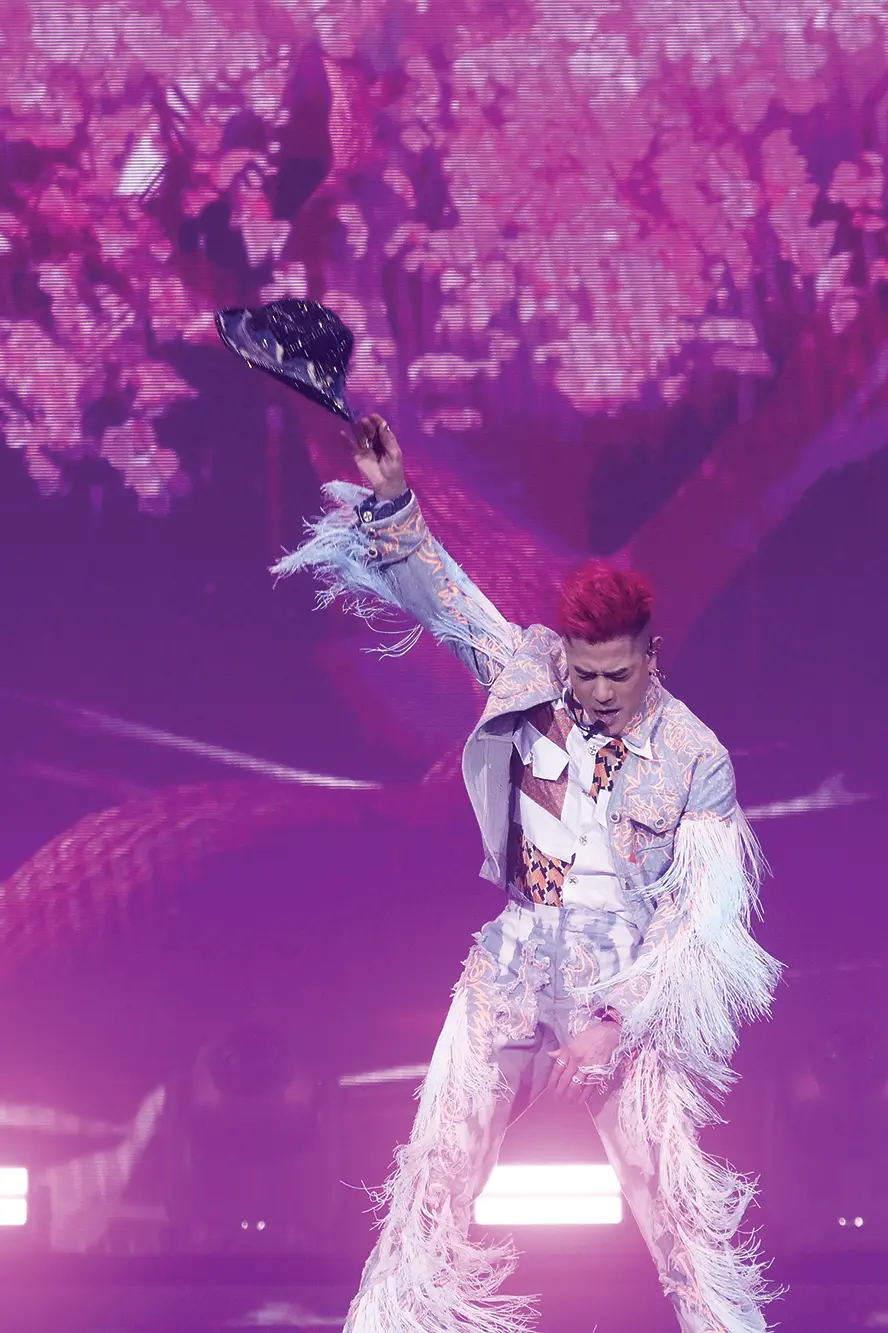
“Macau offers various venues that cater to different performers. In contrast, artists often need to apply to the [Hong Kong] government for venue rentals, especially at the renowned Hong Kong Coliseum. However, approval is not guaranteed. Macau’s venues provide more opportunities for them.”
Shortly after Macau’s reopening last year, Hong Kong Television Network’s General Manager, Eric Tsang Chi-wai, led over 100 artists and staff to Galaxy’s Broadway Macau for a Lunar New Year performance on 21 January. The entire process, from preparation to completion, took less than 20 days.
The aforementioned scholar believes that, compared to Hong Kong, Macau’s performance venues allow artists to achieve their goals more swiftly.
“The organizers or contractors are IR operators, which differs from Hong Kong and other places where performers often need to apply to the government for venue rentals. Everyone’s objectives are distinct,” they said.
Concerts in IRs
One apparent advantage of entertainment performances in Macau is their concentration within the various resorts along the Cotai Strip. This proximity provides ready-made solutions to the needs of both performers and consumers, due to the extensive array of accommodation, dining and transportation options. The Cotai Strip is home to Macau’s two largest venues, the 16,000-seat Galaxy Arena at Galaxy Macau, which opened last year, and the 15,000-seat Cotai Arena at The Venetian Macao, which is currently being renovated. These are the only two performance venues in Macau with capacities exceeding 10,000 seats.
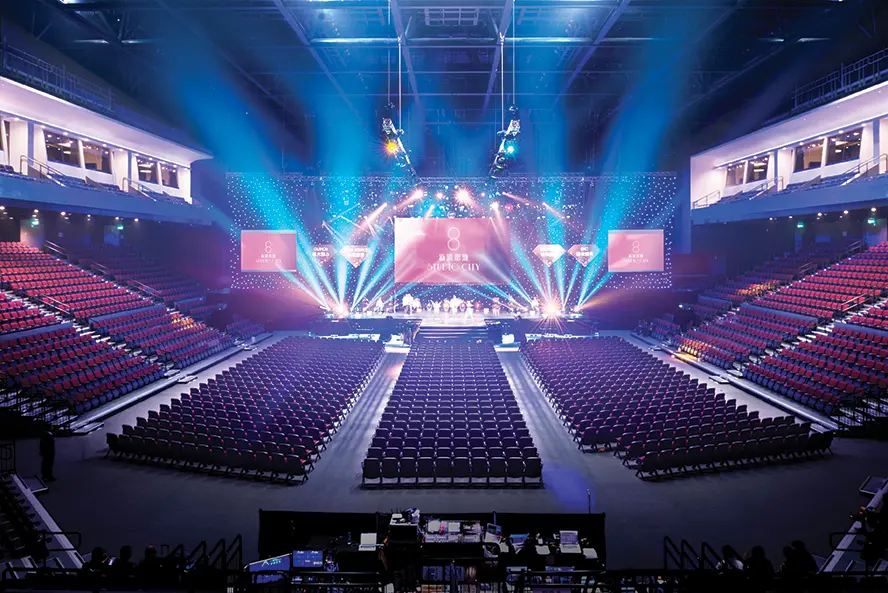
Other concert venues owned by IR operators include the recently opened The Londoner Arena (6,000 seats), Studio City Event Center (5,000 seats), MGM Cotai Theater (2,000 seats) and the Broadway Theatre at Broadway Macau (2,500 seats).
“In addition to accommodation, there are also dining and shopping options, providing everything under one roof,” notes Lo, who believes that having concerts in IRs aids the development of entertainment performances.
From the government’s perspective, hosting concerts within resorts also minimizes the impact on society in terms of traffic, noise and crowd control.
After a recent outdoor concert by Korean K-pop group Seventeen at Taipa Stadium, Macau’s Secretary for Social Affairs and Culture, Elsie Ao Ieong U, stated, “If the concerts were held in the resorts of the concessionaires, it would be the simplest for the government and concert contractors.”
According to data released by Galaxy Entertainment Group, their two primary concert venues – Galaxy Arena and the Broadway Theatre – hosted a combined 85 music performances last year.
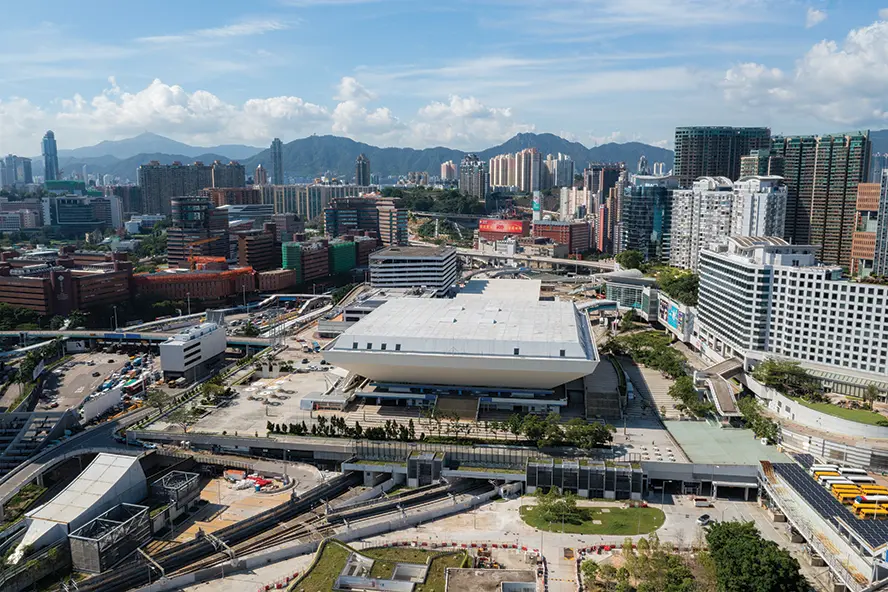
Sands China CEO and President Grant Chum revealed during the company’s most recent earnings call that Sands hosted 79 concerts in 2023.
The concentration of venues and streamlined preparation processes, combined with proactive efforts by IR operators in non-gaming sectors, contributed significantly to the rapid development of Macau’s entertainment industry last year.
A venue for 50,000
American pop sensation Taylor Swift and British rock band Coldplay have both embarked on world tours lately. It was later revealed that entertainment companies in Macau attempted to communicate with their management teams with a view to having them perform in Macau, but received feedback that Macau’s venues are not large enough to satisfy the demand for such huge acts.
As a guide, Swift’s performance at the Singapore National Stadium attracted 61,000 people, while multiple gigs at Australia’s famed Melbourne Cricket Ground attracted over 100,000 people per night.
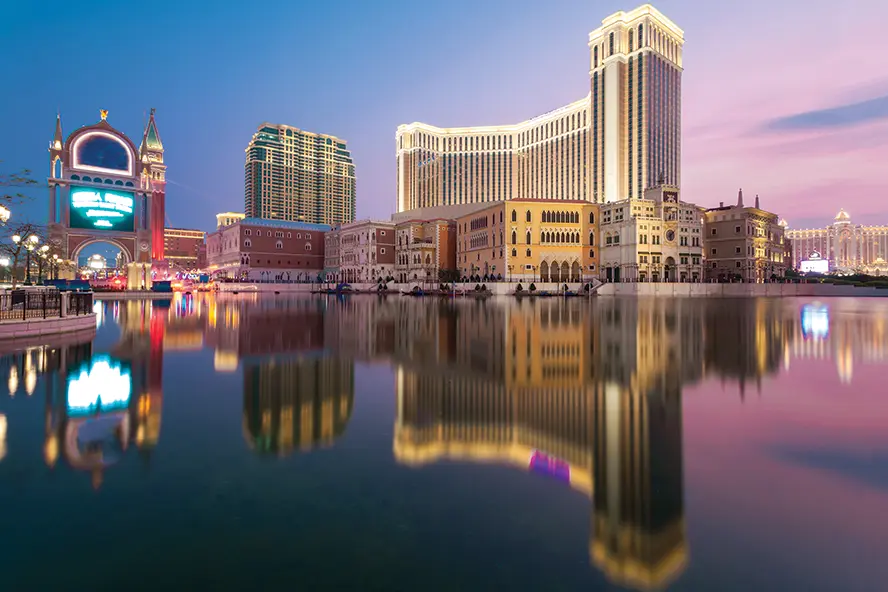
“Taylor Swift’s recent global tour in Asia selected venues such as the Tokyo Dome, which can accommodate 55,000 people, and the Singapore National Stadium,” observed Lo, noting that developing venues capable of accommodating larger audiences will be a crucial factor for the future development of Macau’s concert economy.
Where could such a development take place? The site of Macau Jockey Club, closing its doors for good on
1 April, has been mooted as one possible option.
Melco Resorts & Entertainment Chairman and CEO Lawrence Ho recently said of this site, “The land area is substantial and can be developed for various purposes, including concerts.
“If the (Macau) government has a development plan for the land and invites us to participate, we will respond positively.”
There are also calls to transform the Macau East Asian Games Dome into a venue capable of accommodating 50,000 people. Currently, the indoor capacity of the Dome is limited to approximately 9,000 people.
Elsie Ao Ieong said the government is actively seeking locations that can accommodate 20,000 to 50,000 people.
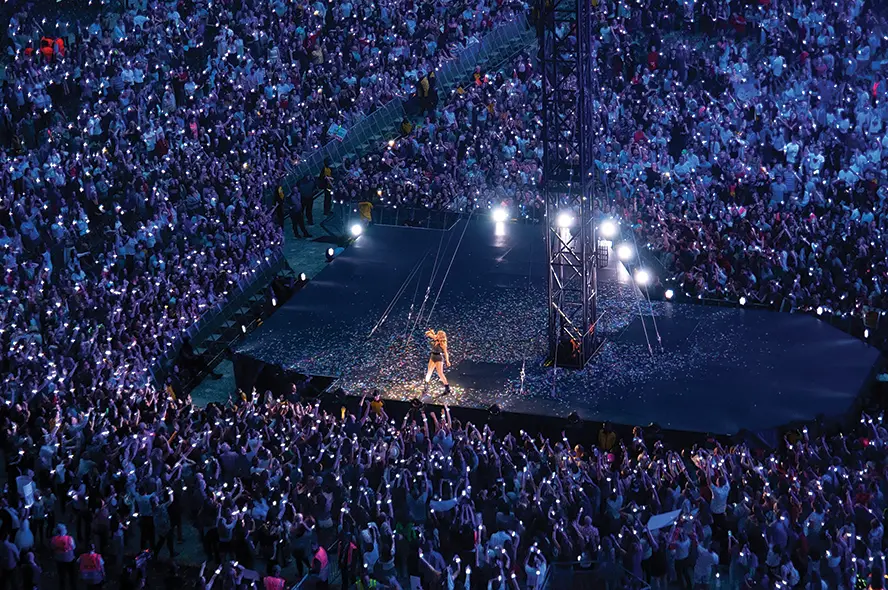
“A dedicated team has been established by the government to handle concert venue approvals, management and coordination,” she said.
By contrast, Hong Kong has already invested approximately HK$30 billion (US$3.8 million) to construct the Kai Tak Sports Park, which is expected to be completed by 2025. Once finished, it will become Hong Kong’s largest performance venue.
While Macau’s IR operators possess well-equipped performance venues that meet the needs of various international artists, the journey to becoming a true “City of Performing Arts” requires a joint effort not only from the IR operators but also from the Macau SAR government to overcome limitations.
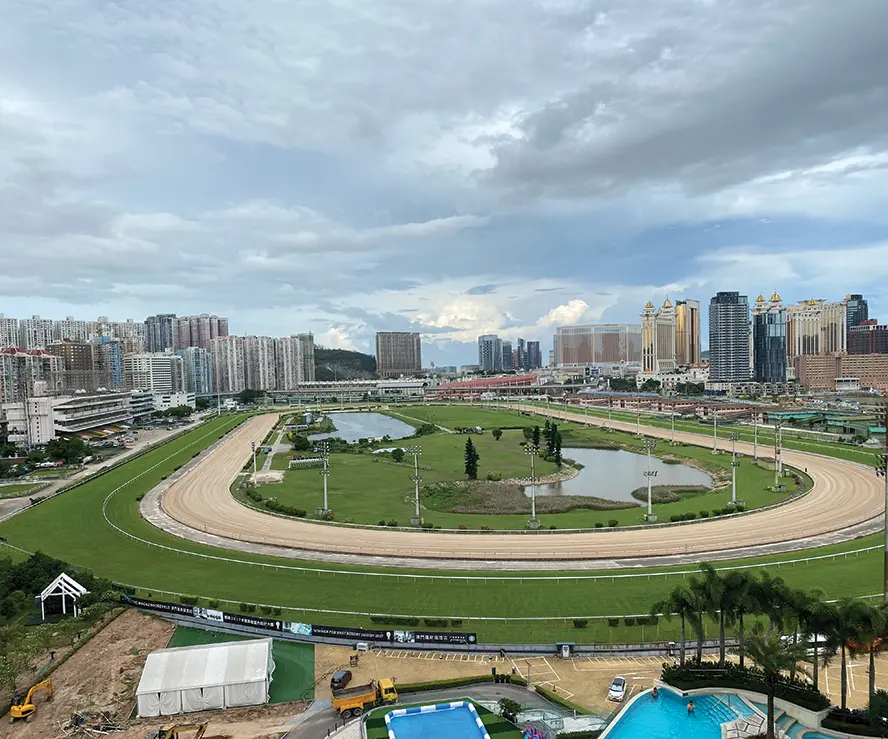
As Lo emphasizes, “If Macau aims to be the ‘City of Performing Arts’. it must seek out locations to construct more large-scale performance venues, improve transportation around these facilities, and even establish coordinated transportation between entry ports and venues. These steps will be essential for long-term development in the future.”






